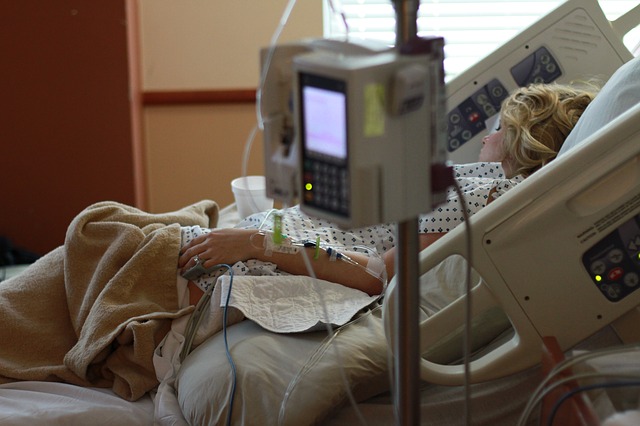Steering clear of summer surgery is certainly something to consider
According to a new Journal of General Internal Medicine study. There is a 10% spike in fatalities at teaching hospitals in July which has been confirmed by David Phillips, Ph.D., the study’s lead author and professor of sociology at the University of California, San Diego. He speculates that the “July effect” may occur because it is the month when new doctors-in-training are beginning their residencies.

The problem is not attributed to poor operation skills but rather to prescription and administration of medication, both surgery-related and not. As many as 98,000 deaths occur each year due to all kinds of medical mistakes—the equivalent of a fully packed 747 crashing every other day. According to a congressionally mandated study on Medicare recipients (2008), 1 in 7 during 2008, 1 in 7 patients experienced at least one unintended harmful incident that prolonged his hospital stay, causing permanent injury, requiring life-sustaining treatment, or resulting in death.
So what can you do to make ensure that this doesn’t happen to you or your family?
Doctors, nurses, and researchers say that there is a lot that can be done.
1. Choose Carefully – Infections that are acquired after checking into the hospital kill 31,000 patients a year, which nearly rivals the number of breast cancer deaths annually, says Peter Pronovost, MD, Ph.D., the author of Safe Patients, Smart Hospitals. What’s more, most of these could easily have been prevented. If you have a choice of hospitals, ask if your doctor knows your options’ infection rates, which are measured using “catheter days,” meaning every 24 hours that a tube is inserted in a patient’s blood vessels. “The best hospitals’ rates have been zero in one thousand catheter days for a year or more,” says Dr. Pronovost. “If it’s risen above three, I’d be worried.”
2. Practice Makes Perfect – The more often experienced a doctor, the more familiar he is with its variations and complications, and the higher the success rate is likely to be. Confirm that your doctor is board certified in his specialty by checking the American Board of Medical Specialties at abms.org.
3. Timing is Everything – “For elective surgery, avoid a Friday afternoon operation slot if possible,” advises a surgeon in a busy Midwestern hospital who asked not to be named. “The operating room staff may be fatigued and less able to concentrate then.” This includes the weekends, nights, and holiday time slots.
4. Go Digital – In a busy hospital, the room for human error is greater. By using electronic records, especially when ordering medication, the computer alerts staff to potential problems by sending a warning message to prevent improper dosages, incorrectly filled prescriptions, and dangerous drug interactions. Only 17% of hospitals currently have this system.
5. A Question of Clotting – One in 100 patients admitted to a hospital dies of venous thromboembolism—a potentially deadly blood clot that forms in a vein. Half of these lives could have been spared with simple preventive measures including pre-admittance screening.
6. Enlist an Entourage – Most hospital patients are likely to be stressed, worried, or not in the right frame of mind. Therefore, it is to your advantage to have your relatives and friends with you to act as your advocates.
7. Mark the Spot – Just for an added safety measure, ask your surgeon to draw the proposed incisions right on the body part that will be operated on to avoid any future issues.
8. Be Shift-Savvy – Before your current nurse leaves, request time to review your chart and what treatment you’re supposed to get next. Perhaps meeting with your new nurse, will help prevent issues at a later time.
9. Give ‘Em Gel – Ask everyone to wash their hands before touching you using an antibacterial gel which should be located just outside or inside your room.
10. Call for a Cleanup Crew – Typically, a room is completely washed down between patients, but if you will be there for a few days, then ask that popular areas be disinfected.
11. Elevator Button = Panic Button – When you’re able to use an elevator, use a tissue or other item to cover your finger when you press the buttons.
12. Warm ‘Em Up – Being friendly to the hospital staff will help them help you during surgery and beyond. Be understanding of their schedule when requesting assistance: “I understand that it’s busy, but my IV is beeping, and I’m worried.”
To learn more about what you can do to prevent issues during your hospital stay, click here.


